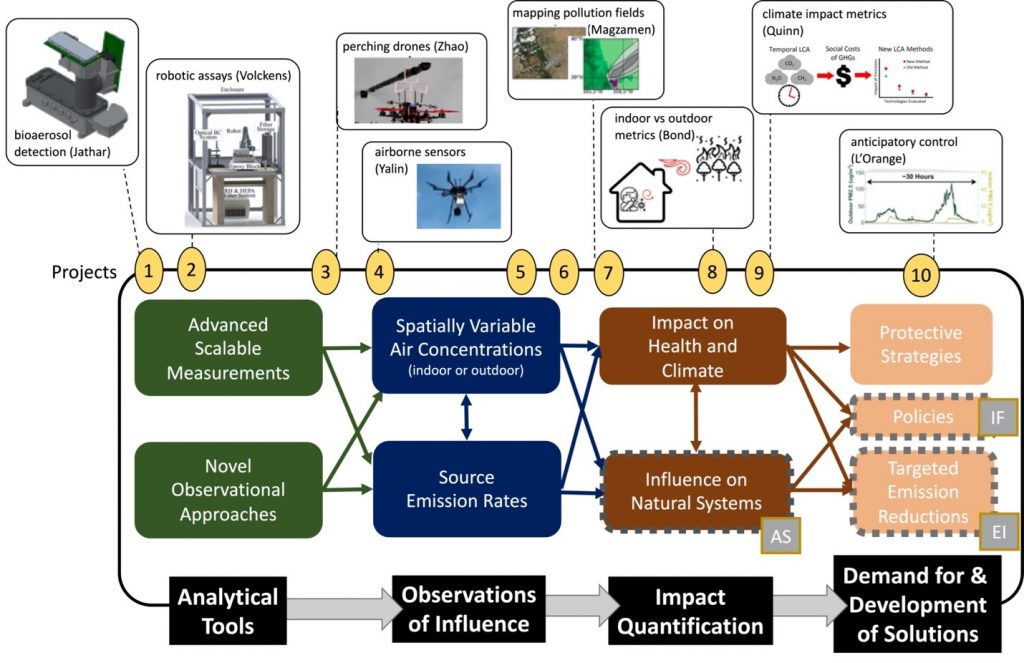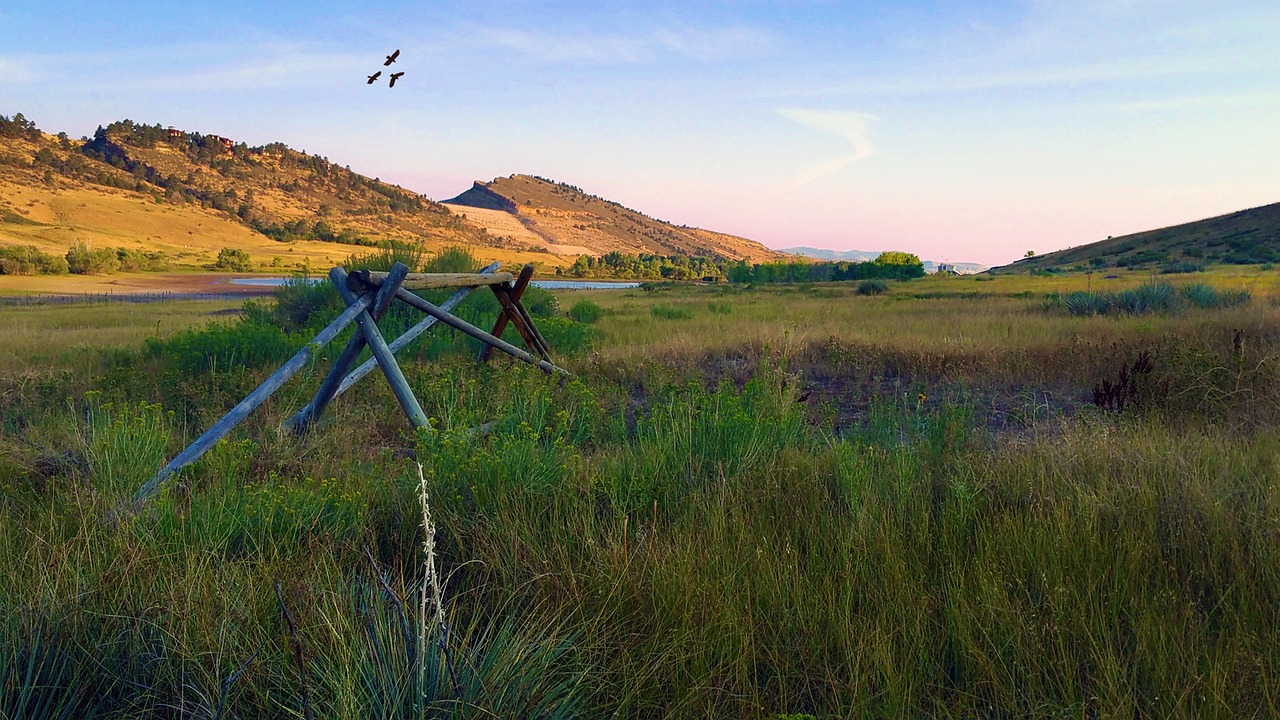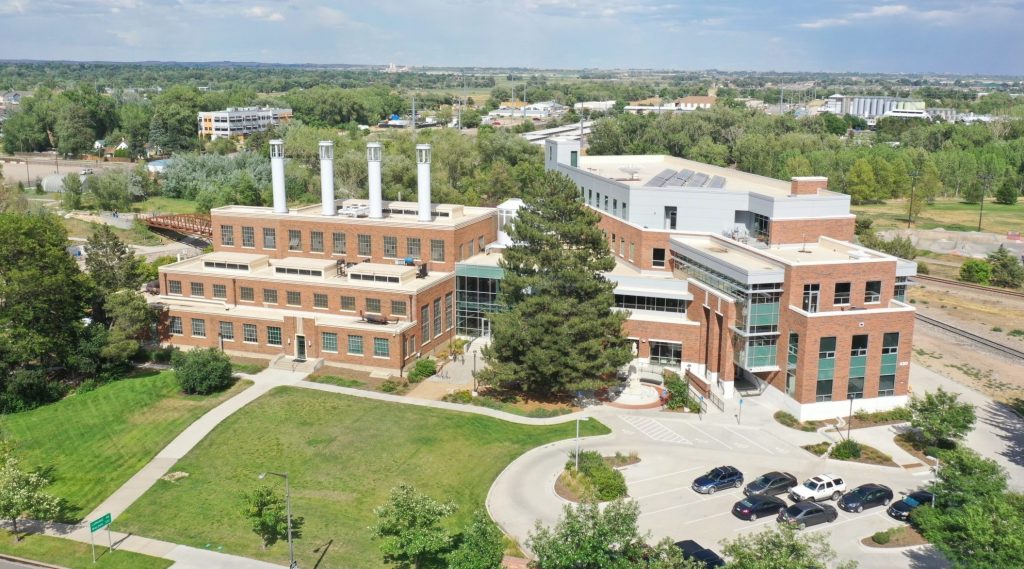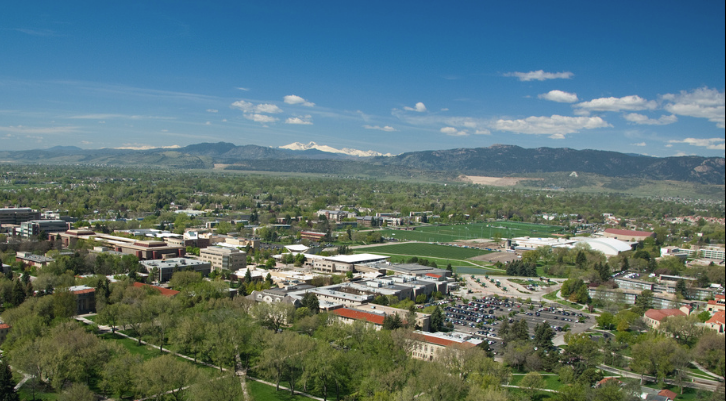What is the program? 10 weeks, full-time research experience, May 29 – August 1, 2024. Stipend and housing are provided. You will:
- work on a project in a faculty advisor’s research group
- hone a specific research skill and learn how it makes a difference in a complex situation
- join a cohort of 10 students working on interrelated projects
- practice professional skills like elevator speeches and formal presentations
- hear from experts about professional pathways, including graduate school and entrepreneurship
Who can participate? We welcome rising college juniors and seniors with interests in STEM and societal impact, who are seeking exposure to and experience in research. We would especially like to give opportunities to students who may not have considered research as a career, but who are curious and motivated to improve people’s lives and surroundings.
What will you research? Air pollutants are emitted because humans use energy and make products. Air pollutants affect human health, the environment, and the climate. Communities with lower access to resources are often more greatly affected by air pollution. Understanding health and climate impacts and cleaning up the atmosphere takes many different skills. Participants might develop measurement techniques, analyze measured data, contribute to computer models, or develop educational materials. The figure here shows some technical details of current projects and how they fit together. If you join our program, you’ll learn what these things mean and why they are important!

Program Description
The Mechanical Engineering Department at Colorado State University, with financial support from the National Science Foundation, offers qualified undergraduates from throughout the country the opportunity to conduct research projects in air quality, air pollution, and related topics for ten weeks each summer.
Students will be involved in cutting-edge research. They will learn how to formulate and test hypotheses, how to problem-solve and troubleshoot, and how to use state-of-the-art techniques and instrumentation.
Each student is assigned to a specific faculty member’s research laboratory, where the student works closely with the faculty mentor, post-doctoral associates, and graduate students.
You can find a current list of potential mentors and projects available summer 2023 here. The student participates fully in the life of the mentor’s lab. In addition, there are meetings of all program participants to exchange information on the research being done, participate in career and professional development opportunities, and to socialize.
Where will you hang out? This experience is supported by the Department of Mechanical Engineering, and involves faculty across engineering and other departments. Students will work at the Powerhouse Energy Campus, a 100,000 square-foot green building that receives local, national, and global recognition for its interdisciplinary environment. Fort Collins blends hard work with recreation, with proximity to the Rocky Mountains, nearly 300 miles of bike routes and trails, and 300+ sunny days each year.



Fort Collins (population around 173,862) lies 65 miles north of Denver, along the foothills of the Rocky Mountains at an elevation approximately 5,000 feet above sea level. Fort Collins has about 300 days of sunshine per year with low humidity and average summer temperatures ranging from 92° F (high) to 40° F (low). Recreation areas such as Rocky Mountain National Park and the Roosevelt National Forest are within an hour’s drive. Fort Collins was ranked within the top 25 best cities to live in by CBS News and number 1 by Livability.com.
Colorado State University is a land-grant institution and has an enrollment of about 28,864 on campus students (24,600 undergraduate, 3,676 graduate and 588 professional; 24% First Generation, 26% Underrepresented Minority, 22% Pell Grant Recipients) and 1,904 faculty. CSU offers about 20 undergraduate majors in the biosciences and has graduate programs in approximately 19 bioscience departments. In 2019 the research expenditures were $407 million.